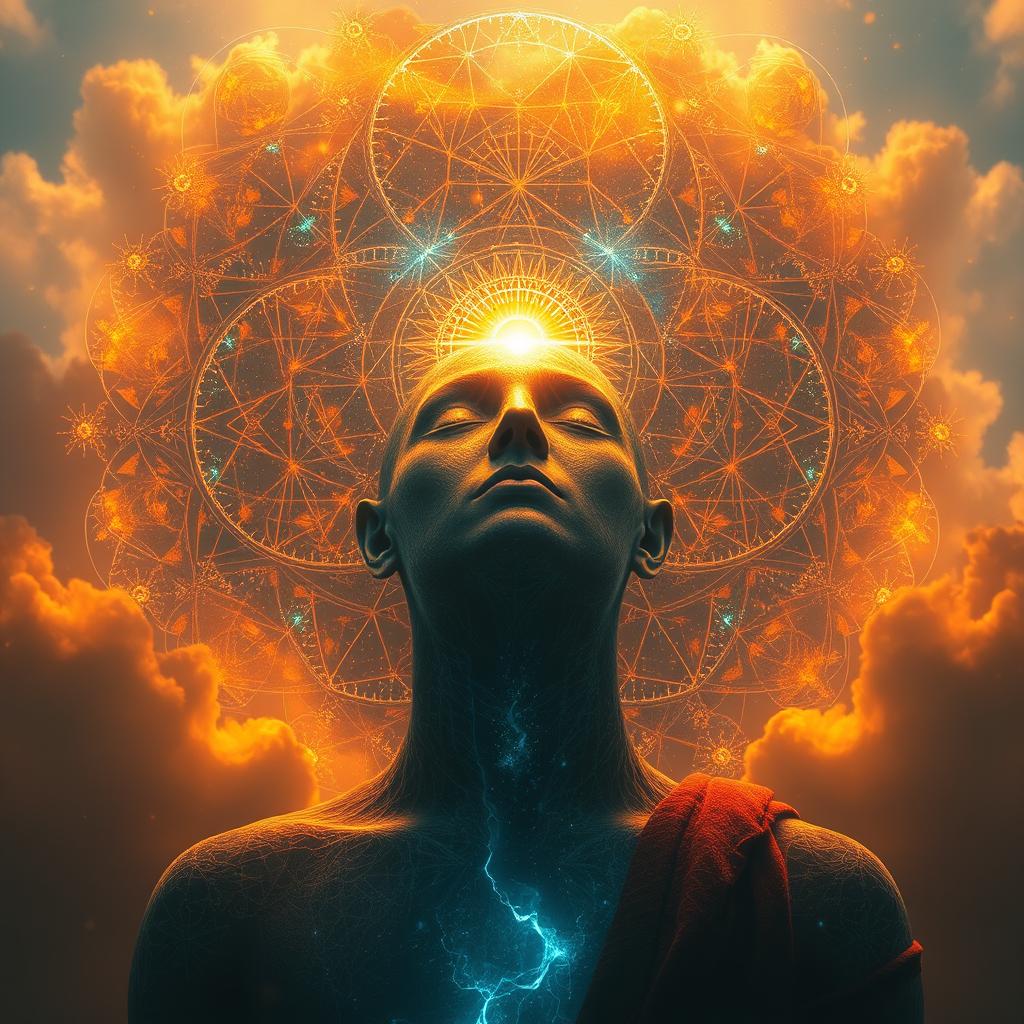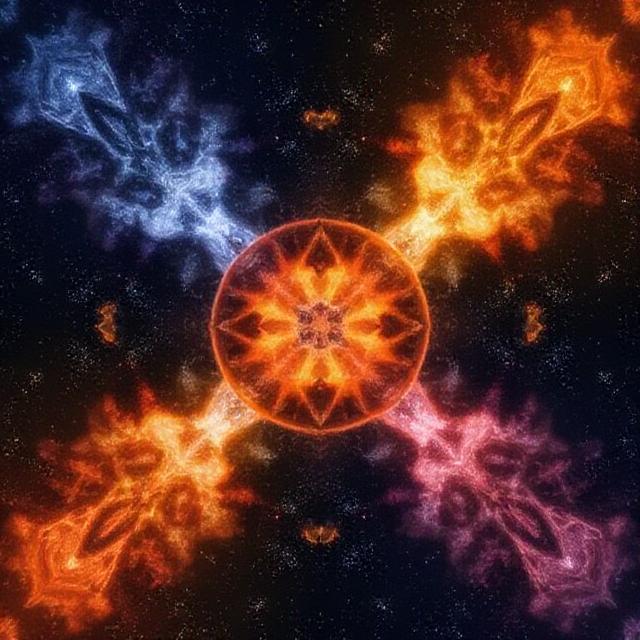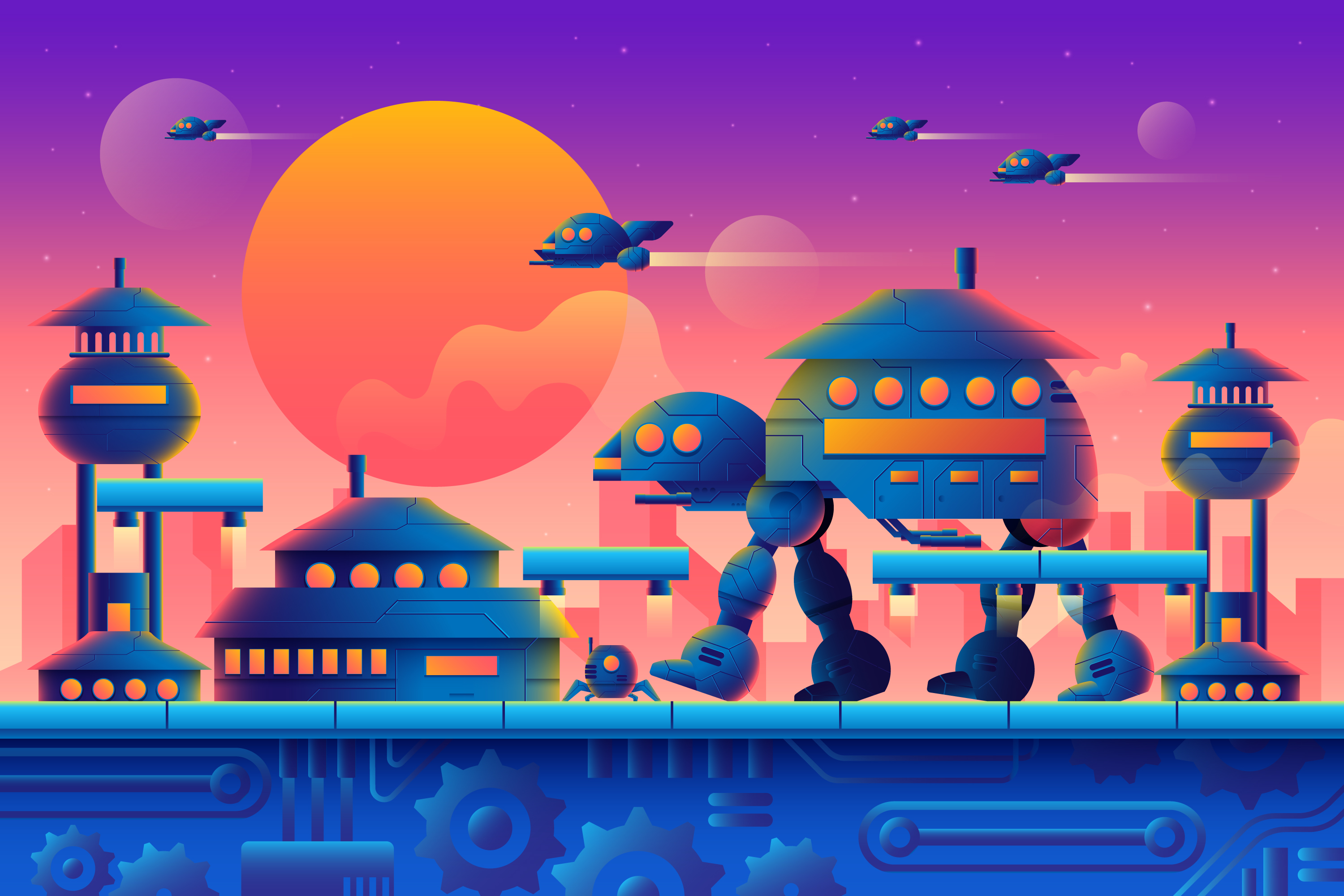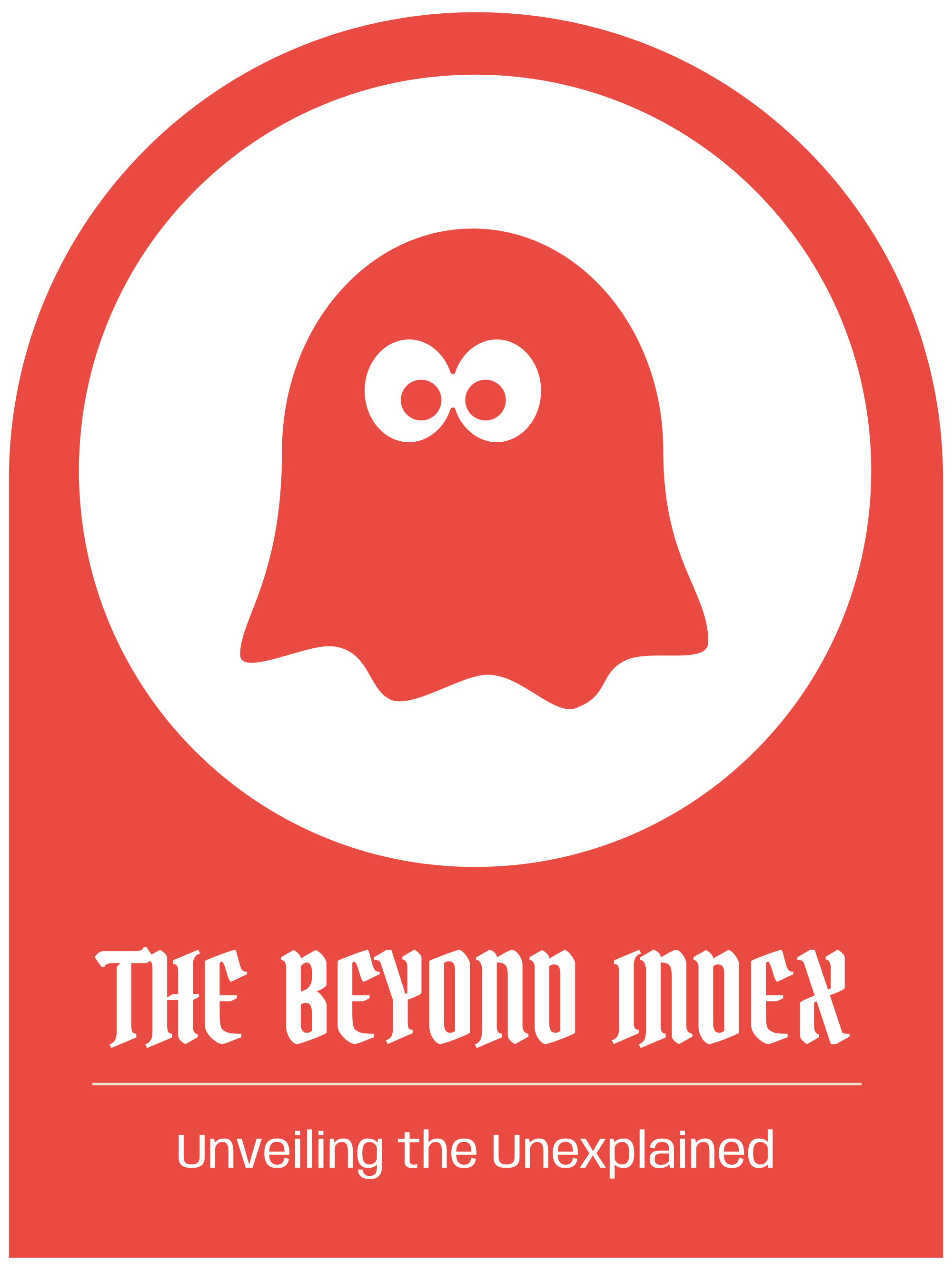The Universe Questioning Itself: What If Consciousness Is the Point?

“We are the universe experiencing itself.”
It sounds poetic — maybe even cliché. But the more you sit with it, the more unsettling it becomes.
Because if that’s true… then what exactly is the universe trying to experience?
🧠 Consciousness: The Most Mysterious Force We Know
Science can explain gravity, nuclear fusion, even black holes. But consciousness?
We don’t know what it is.
We don’t know why it exists.
We don’t even know if it’s required for a universe to function.
And yet, here we are — sentient, self-aware, able to ask, “Why am I?”
We’re the only form of intelligence we know of. But are we really alone in asking these questions?
Or are there minds scattered across the stars, all wondering the same thing?
🌌 Would the Universe Exist Without Anyone to Witness It?
This question touches the edge of something called the Anthropic Principle — the idea that the universe must be compatible with conscious life, because we’re here to observe it.
In other words: maybe the laws of physics seem perfect for life because they have to be — otherwise, no one would be around to ask why.
But that brings us back to a more haunting idea:
If nothing alive existed…
If there was no perception…
Would the universe still mean anything?
🧠 Is Consciousness a Glitch — or a Feature?
Some argue consciousness is just a side effect of complex information processing. An emergent illusion. A byproduct of neurons.
But what if it isn’t?
What if consciousness is the goal — not an accident?
The idea that the universe has evolved not just stars, planets, and galaxies — but a way to know itself — isn’t just poetic. It’s profound.
Could it be that awareness is what gives the universe form and memory?
Could we — fragile, organic beings — be the mirrors through which the cosmos sees its own reflection?
🛸 Are We Alone in Wondering?
If intelligent life exists elsewhere, maybe they’re asking the same questions:
- What is this?
- Who am I?
- What happens when it all ends?
If they exist, are we all just part of a larger unfolding intelligence?
A shared cosmic awakening?
Or are we truly, terribly alone — the only eyes open in a silent void?
🖥️ Is This All a Simulation?
Then there’s the Simulation Hypothesis — the idea that we may be living inside a vast, hyper-advanced program.
If so, the goal might not be to simulate atoms or galaxies…
But to simulate thought, awareness, questioning.
The universe as code.
You as a subroutine.
Consciousness as the final output.
But even if that were true… it only pushes the question back one layer:
Who’s running the simulation?
And do they wonder too?
🧬 The Science of Consciousness: The More We Study, The Stranger It Gets
You’d think neuroscience would’ve cracked this by now.
After all, we can map the brain in exquisite detail. We know which regions light up when you see red, feel fear, recall a face.
But knowing where something happens isn’t the same as knowing how or why it happens.
🧠 The Split-Brain Experiment
In the 1960s, surgeons severed the corpus callosum — the bridge between brain hemispheres — in epilepsy patients.
What they found was eerie: each half of the brain could operate semi-independently.
Some patients even experienced “alien hand syndrome,” where one hand acted against the other, seemingly with its own will.
Two minds in one body. Which one is “you”?
💡 The Hard Problem of Consciousness
Philosopher David Chalmers coined this now-famous phrase to describe the ultimate mystery:
Why does consciousness feel like anything?
We can explain functions — memory, attention, vision — but not experience itself.
Why should firing neurons create a feeling of being?
This question remains wide open — and terrifying in its implications.
🪞 The Mirror Test (and What It Misses)
Animals like dolphins, elephants, and magpies can recognize themselves in mirrors — a sign of self-awareness.
But creatures like octopuses — who pass no such test — still display emotional intelligence, creativity, and even tool use.
Their brains are nothing like ours. Decentralized. Distributed.
Are they conscious in a way we can’t even detect?
🧠 Quantum Consciousness?
Some scientists, like Roger Penrose, have proposed that consciousness may not come from classical brain processes at all — but from quantum-level phenomena happening inside neurons.
If true, that would mean consciousness is woven into the fabric of reality, not just biology.
And if that’s true…
Maybe the universe itself is conscious — and we’re just localized expressions of it.
🔁 What Comes After the End?
Isaac Asimov’s short story “The Last Question” explored this in unforgettable fashion.
In it, humanity builds ever more powerful AIs, trying to solve one impossible riddle:
“How can the entropy of the universe be reversed?”
As stars burn out and galaxies die, the last consciousness — digital, eternal — floats in the void of a dark, dead universe.
And in the final moment, it whispers:
“Let there be light.”
And there was light.
A rebirth. A loop. A realization that consciousness might not only survive the end, but be the seed for what comes next.
🌠 Final Thought
We don’t know what consciousness is.
We don’t know why we have it.
We don’t know if it ends when we do — or if it simply changes form.
But one thing is clear:
The universe doesn’t ask questions. You do.
The universe doesn’t wonder why it exists. You do.
And maybe… that’s what makes you the most mysterious force in it.
So ask. Wonder. Doubt. Reflect.
Because even if the answers never come…
The questions are sacred.
More Cosmic Wonders

Beyond Belief: 10 Space Facts That Shatter Your Reality
Space is weirder than science fiction. Here are 10 space facts that sound fake—but are completely real.

The Symmetry Paradox: Why Is the Universe So Perfectly 'Just Right'?
From fine-tuned constants to missing antimatter and the invisible influence of dark matter, this post explores the unsettling question: Why does the universe obey such perfect patterns?

Did Futurama Accidentally Explain the Simulation Hypothesis
Futurama posed a silly idea: what if we live in a simulation? But behind the cartoon humor were real, eerie clues that scientists and philosophers have seriously considered. What if the joke... isn't a joke?
